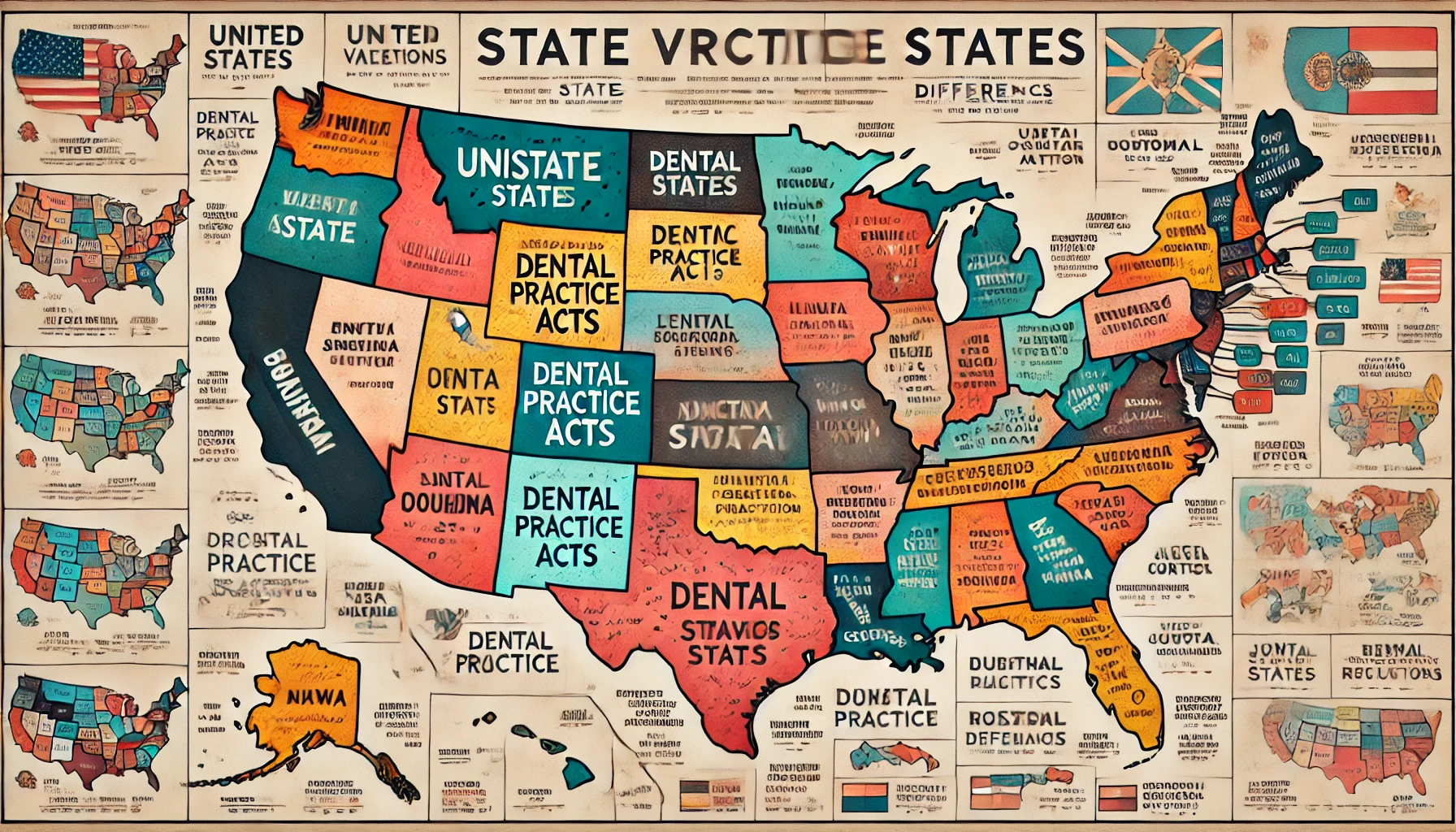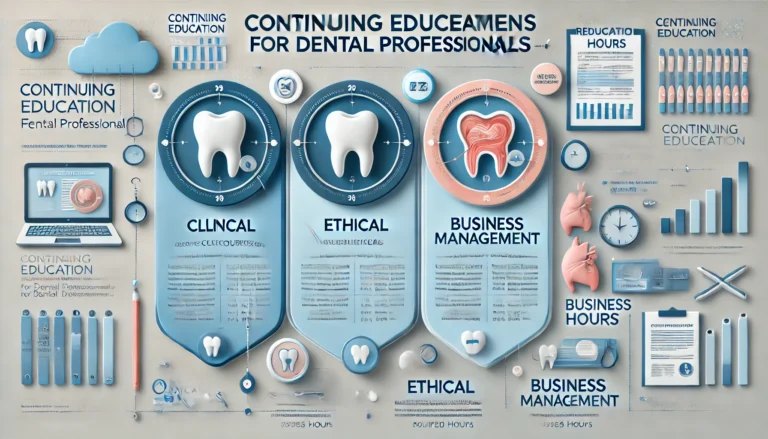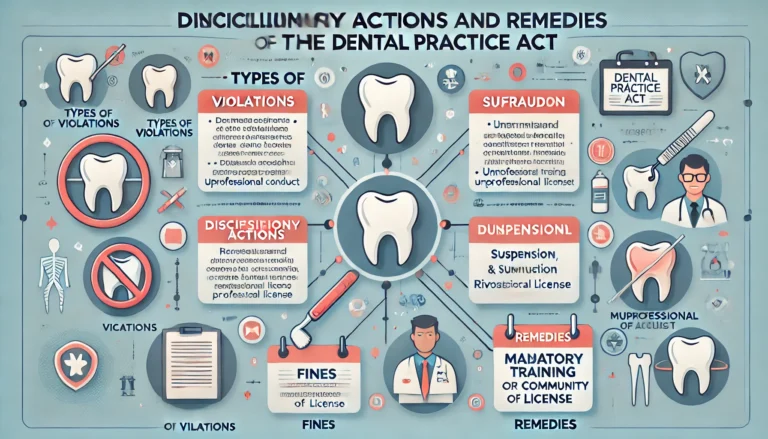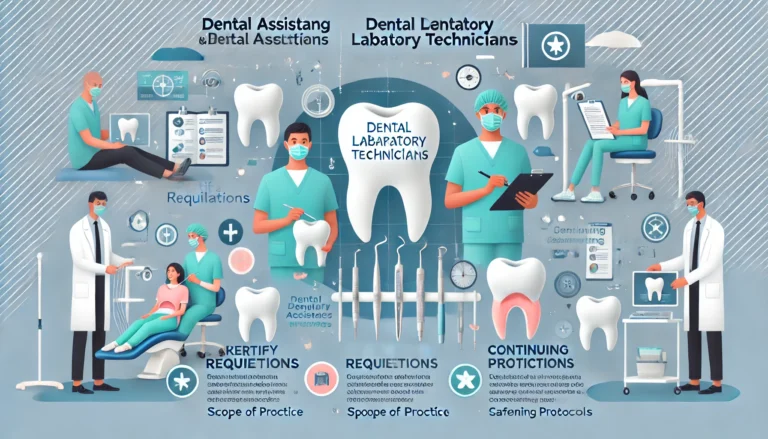State Variations in Dental Practice Acts
When it comes to dental practice, the rules and regulations governing our profession can vary significantly from state to state. Understanding these variations is crucial for dentists, dental hygienists, and even patients who may move between states. In this article, we’ll dive deep into the state variations in dental practice acts, explore how these differences impact dental professionals, and provide tips to help navigate this complex landscape. By the end, you’ll have a clear understanding of how state regulations affect dental practices and what you need to do to stay compliant.
Understanding Dental Practice Acts
Dental practice acts are the laws and regulations established by each state to govern the practice of dentistry. These acts cover a wide range of topics, including licensure requirements, scope of practice, continuing education, and disciplinary actions. The primary goal of these acts is to ensure that dental professionals provide safe and competent care to the public.
Key Variations in Dental Practice Acts
While the core principles of dental practice acts are similar, the specifics can vary greatly from one state to another. Here are some of the key areas where variations are most notable:
- Licensure Requirements:
- Initial Licensure: States have different criteria for obtaining an initial dental license. Some states require graduation from an accredited dental school, passing the National Board Dental Examinations (NBDE), and completing a state-specific clinical exam. Others may accept regional clinical exams or have reciprocity agreements with other states.
- Continuing Education: To maintain a dental license, most states require ongoing continuing education (CE). However, the number of hours and the types of courses required can differ. For instance, some states mandate specific courses in ethics or infection control.
- Scope of Practice:
- Dental Hygienists: The scope of practice for dental hygienists varies significantly. In some states, dental hygienists can perform a wide range of procedures under general supervision, while in others, their activities are more restricted and require direct supervision by a dentist.
- Expanded Function Dental Assistants (EFDAs): The duties that EFDAs can perform also vary. Some states allow EFDAs to place restorations and take final impressions, while others limit their duties to more basic tasks.
- Telehealth Regulations:
- Adoption of Telehealth: With the rise of telehealth, states have different regulations regarding its use in dentistry. Some states have embraced telehealth and have clear guidelines, while others are still in the process of developing their policies.
- Cross-State Practice: Dentists who wish to provide telehealth services across state lines must be aware of each state’s regulations. Some states have specific requirements or restrictions on out-of-state providers.
- Disciplinary Actions and Reporting:
- Grounds for Discipline: The grounds for disciplinary action can differ, with some states having more stringent criteria for what constitutes professional misconduct.
- Reporting Requirements: States also vary in their requirements for reporting disciplinary actions to national databases such as the National Practitioner Data Bank (NPDB).
Why These Variations Matter
These variations in dental practice acts can have significant implications for dental professionals. Here are a few reasons why understanding these differences is essential:
- Mobility: If you’re a dentist or dental hygienist considering a move to another state, you’ll need to understand the new state’s requirements to ensure a smooth transition. This might involve taking additional exams or fulfilling specific CE requirements.
- Practice Expansion: Dentists looking to expand their practice across state lines, either through physical offices or telehealth services, must navigate each state’s regulatory landscape to stay compliant.
- Professional Development: Staying informed about state-specific regulations can help you identify opportunities for professional development and ensure you meet all licensure and CE requirements.
Tips for Navigating State Variations in Dental Practice Acts
Navigating the complexities of state dental practice acts can be daunting. Here are some tips to help you manage these variations effectively:
- Stay Informed: Regularly review the dental practice act and related regulations for your state. Professional organizations, such as the American Dental Association (ADA), often provide updates on legislative changes.
- Join Professional Associations: Membership in state and national dental associations can provide access to valuable resources, including regulatory updates, CE opportunities, and networking with colleagues who can share their experiences.
- Consult with Experts: When in doubt, seek advice from legal experts or consultants who specialize in dental practice regulations. They can help you interpret complex rules and ensure you remain compliant.
- Utilize Online Resources: Many states offer online portals where you can find the latest information on licensure requirements, CE courses, and other regulatory updates.
- Network with Peers: Connect with other dental professionals in your state or in states where you plan to practice. They can offer insights and advice based on their own experiences.
Ensuring Compliance with State Dental Regulations
One of the most critical aspects of managing a successful dental practice is ensuring compliance with state dental regulations. Each state has its own set of rules governing dental practices, making it essential for dental professionals to stay updated on these regulations. Failing to comply with state-specific requirements can lead to severe consequences, including fines, license suspension, or even revocation. Therefore, it is imperative to regularly review your state’s dental practice act and any updates to maintain compliance and continue providing high-quality care to your patients.
Examples and Case Studies
To illustrate how these variations can impact dental practices, let’s look at a few examples:
- California: In California, dental hygienists have a relatively broad scope of practice and can perform procedures such as local anesthesia and soft tissue curettage under general supervision. Additionally, the state has stringent continuing education requirements, including mandatory courses in infection control and the California Dental Practice Act.
- Texas: Texas requires dentists to complete a state-specific jurisprudence exam as part of the licensure process. The state also has unique regulations regarding the delegation of duties to dental assistants and requires specific training and certification for certain expanded functions.
- New York: New York has embraced telehealth in dentistry, with clear guidelines on the use of teledentistry for consultations and follow-up care. However, dentists providing telehealth services must be licensed in New York, highlighting the importance of understanding cross-state licensure requirements.
Conclusion: Staying Ahead of the Curve
Navigating the state variations in dental practice acts can be challenging, but it is crucial for ensuring compliance and maintaining the highest standards of care. By staying informed, leveraging professional resources, and seeking expert advice when needed, dental professionals can successfully manage these variations and thrive in their practice.
Remember, understanding the nuances of your state’s regulations is not just about compliance; it’s about providing the best possible care to your patients. So, take the time to familiarize yourself with your state’s dental practice act, stay updated on any changes, and continue to invest in your professional development. Your commitment to excellence in dentistry will benefit not only your career but also the health and well-being of your patients.




